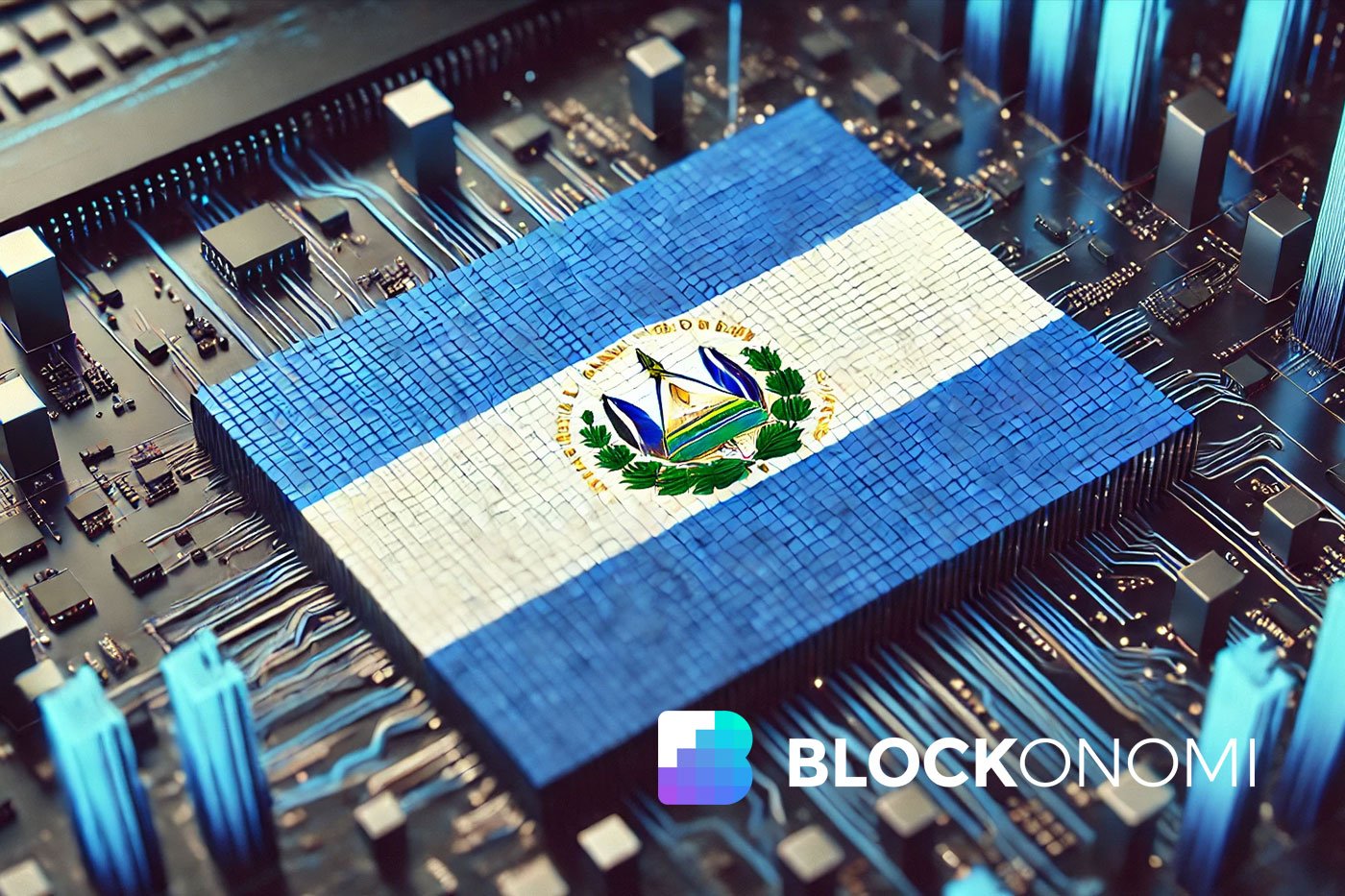El Salvador has suggested using cryptocurrencies, including Bitcoin, for trade operations with Russia to deal with the extensive economic sanctions imposed on Moscow, said Alexander Ilyukhin, Russia’s first secretary at the Nicaraguan embassy and head of its El Salvador office, in a recent interview with Russian state media outlet Izvestia.
Countries facing U.S. sanctions have increasingly turned to cryptocurrencies to circumvent restrictions. And why not – they can be used all over the world no matter what!
“We have difficulties with calculations because the official currency in El Salvador is the US dollar. As an alternative, El Salvador offers to use cryptocurrency in trade operations,” Ilyukhin stated.
Bitcoin Works Anywhere
El Salvador has maintained a neutral stance regarding the Russia-Ukraine conflict. The Latin American country has neither condemned Russia nor joined sanctions, despite pressure from Western nations and regular diplomatic visits from Ukraine.
But for Bitcoin, El Salvador’s stance is clear. The country went down in history as the world’s first nation to adopt Bitcoin as legal tender. The administration of President Nayib Bukele, a known Bitcoin advocate, continues to promote Bitcoin adoption as part of its broader economic strategy.
The latest proposal shows El Salvador’s ongoing commitment to its pro-crypto stance. Arkham’s data shows that as of July 29, El Salvador had over 5,800 Bitcoin, valued at around $384 million. The country has consistently acquired BTC as part of Bukele’s Bitcoin plan.
El Salvador has recently drafted a reform proposal to create a private investment bank called the Bank for Private Investment (BPI). The bank would be authorized to conduct operations in both Bitcoin and U.S. dollars, allowing it to provide financial services to Bitcoin investors.
Despite El Salvador’s enthusiasm, the proposal faces hurdles since Russia has prohibited the use of cryptocurrencies for payments. The ban has been broadened to include security tokens, utility tokens, and non-fungible tokens (NFTs) as forms of payment.
“Bitcoin is not widespread in our country, so we are looking for other ways to strengthen trade. The government of El Salvador is ready to continue economic cooperation with Russia,” said Ilyukhin.
The Central Bank of Russia previously proposed a comprehensive ban on all cryptocurrency operations, including trading and mining, citing systemic financial risks. However, the proposal has not been fully enacted.
The Russian government has since decided to regulate rather than completely ban cryptocurrencies. Earlier this month, the State Duman, the Lower House of the Russian Parliament, passed a bill that legalizes Bitcoin mining and allows using cryptocurrencies for international trade.
The bill seeks to establish a regulatory framework to oversee crypto mining activities, ensure compliance with tax regulations, and prevent illicit operations. If approved by the Federation Council, the Upper House, and the President, it will come into effect later this year.
El Salvador May Apply to Become a BRICS Member
El Salvador officially accepts Bitcoin as a means of payment and is open to adopting cryptocurrency for trade with Russia. However, there are challenges due to the reliance on the US dollar and intermediary banks.
Ilyukhin said that the U.S. has proposed a “Marshall Plan” for Latin America to strengthen its regional influence. Despite this, many Latin American countries, including El Salvador, show interest in cooperating with Russia and potentially joining BRICS.
El Salvador could submit its application to join the BRICS group within the next one to two years. Joining BRICS could provide El Salvador with new economic opportunities and a stronger geopolitical standing, particularly as the group aims to enhance cooperation among emerging economies and challenge Western dominance in global affairs.
Several other countries are also exploring this possibility. The BRICS alliance, originally formed by Brazil, Russia, India, China, and South Africa, has recently welcomed many new member countries, including Argentina, Egypt, Ethiopia, Iran, Saudi Arabia, and the United Arab Emirates.





